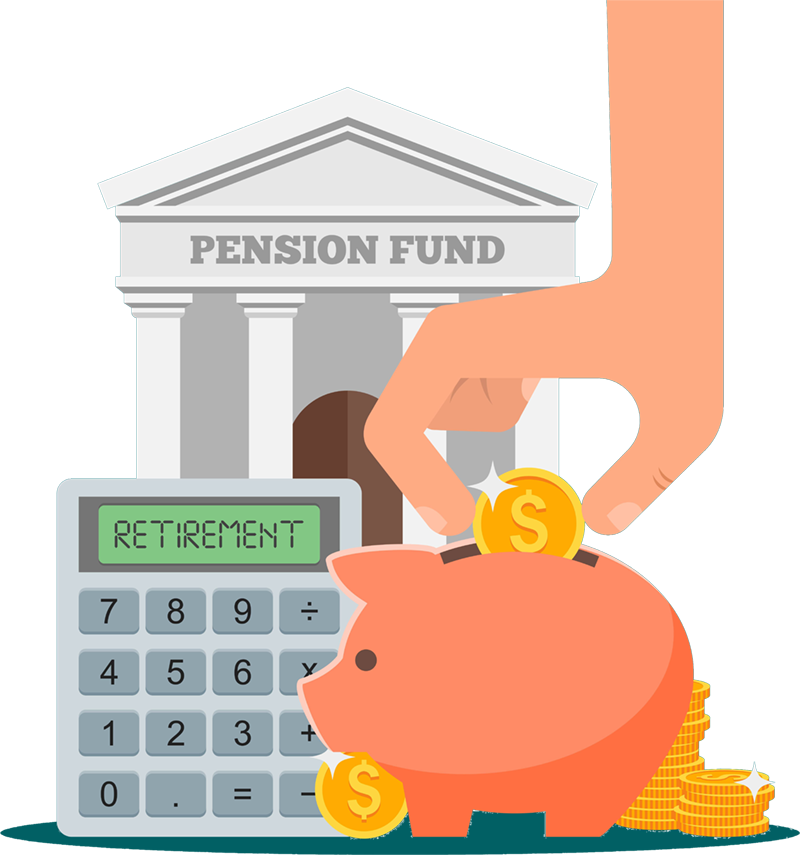TheAnswerIs.ca
Model Portfolio
TheAnswerIs.ca Inc. Model Portfolio Performance Update (Q2 2020)
The roller coaster ride continues .... hang tight.
TheAnswerIs.ca Inc. announces a total return for the Model Portfolio from inception October 26, 2016 to June 30, 2020 of positive 23.64%. The corresponding total return for the Toronto Stock Exchange (TSX), as represented by the ETF XIC, was positive 16.63%. The Model Portfolio return is higher than the TSX due to broader economic sector diversification.
The annualized return for the TheAnswerIs.ca model portfolio for the 3.68 years since inception was positive 5.94%.
The trailing 3-month total return for TheAnswerIs.ca model portfolio was positive 15.00% The trailing 12-month total return for TheAnswerIs.ca model portfolio was negative 0.86%.
Past returns are not indicative of future returns.


Between February 20, 2020 and March 23, 2020, the TSX, (and most global stock markets), dropped by about 35%. Yes, a drop of 35% in just over one month.
How one reacts to a huge drop in stock markets will determine whether they will be a successful investor or not. In fact, there are only three types of investors in the whole world; Good Investors, Bad Investors and Great Investors. To be a successful investor, (i.e. simply earn the returns that stock markets provide in the long-term), one does NOT need to be a Great Investor, one simply has to avoid being a Bad Investor. Let’s review.
Good, Bad and Great Investors
Fred is a Bad Investor. Fred saw the market drop 20% in just a few weeks and decided he would sell some of what he had left. In his mind, he would jump back in once the market "stabilized". Well the market kept falling, and fast!. Fred began to argue with his spouse about what to do next. After a few more big daily drops and associated sleepless nights, Fred sold the rest of what he had invested in equites. He was determined that after news that a vaccine had been found, he would jump right back in, and ride that wave to prosperity. There is still no vaccine, unemployment is at or near all-time highs and GDP forecasts for the next year are dismal. While Fred was waiting for the "right moment" to get back into the market, he sat on the sidelines for the entire 40% stock market rally. Fred is a Bad Investor.
Now what would a Great Investor do? Cheryl is a Great investor, she is financially secure, has a stable high paying job in health care, and no current debt. Cheryl experienced the exact same 20% stock market drop that Fred did, and her portfolio dropped 20% just like Fred’s. However, a Great Investor always has some spare cash on hand, (not necessarily additional funds outside of her investment savings, but from holding back 5% to 10% of her portfolio in cash to take advantage of Bear Markets), and so Cheryl began to add to her all-equity portfolio. Cheryl did not know when a vaccine would be found, if ever, but Cheryl knew that pandemics eventually end, and that if she was willing to lock her money away for at least 10 years, the ETFs and stocks she was now buying at 20% off would most likely end up being much higher in 10 years. Then the stock market dropped another 15%. Cheryl had used her spare cash already, but given her financially secure status and stable job, when the market hit its current low on March 23rd 2020, Cheryl borrowed on her secured line of credit and bought some more equity ETFs. A short few months later, in June 2020, with the stock market up about 40%, Cheryl sold enough of her ETFS and stocks to pay off her line of credit. Her portfolio is larger today than it was on Feb 20th 2020.
Now I am NOT suggesting for ONE MINUTE that a Good Investor has to OR should, borrow money to invest in the stock market. I was simply Illustrating what a Great Investor does.
Sooooo, what does a Good Investor do:

All a Good Investor has to do is .... well nothing
All a Good Investor has to do is ensure that the money they invest in equities can remain untouched for a minimum of 10 years, and preferably longer. This behaviour ensures that when a Bear Market strikes, and the stock market drops 20% to 50%, a Good Investor will never feel pressured to sell into a downturn, as Fred did, and importantly, this behaviour also permits sufficient time for stock markets to recover. To be a successful investor, you do not have to be a Great Investor like Cheryl, you just CANNOT ALLOW yourself to be a Bad Investor like Fred.
The only thing that I can guarantee is that a long-term investor will experience at least one and more likely several Bear Markets. BEAR MARKETS, WHEN THEY STRIKE, AND THEY ALWAYS STRIKE, SHOULD SURPRISE NO ONE! There will always be Bear Markets, we just don’t know when.

What to do from here?
The current peak in the stock market occurred on February 20, 2020, and then the market dropped off a cliff. I published three articles on Feb 28th, March 28th and again on April 1st encouraging investors to consider developing a plan that would enable them to buy some ETFs and stocks with money they could leave untouched for a minimum of 10 years, at the major discounts that were be offered in the market. Check out the News tab to learn more, (news.php ).
As of June 30th 2020, most major stock markets have largely regained the majority of their losses and some markets are even HIGHER than they were before the virus struck - yet there is still no vaccine available!
I am not a market timer, I (and quite frankly everyone else) do not know the direction of the stock market in the short run. Having said that, it was much easier to encourage investors to consider investing a bit more than usual when stock prices were 40% lower than they are today.
Given the current level of the stock market in conjunction with the level of uncertainty, an investor should perhaps use considerable caution investing a new lump sum into the stock market today. If you have a large amount to invest today, consider buying gradually over a longer period of time, (check out Lump Sum Investing). I would, however, encourage investors to CONSIDER CONTINUING WITH ANY EXISTING PERIODIC STOCK MARKET INVESTING PLANS with money that can be locked away for a minimum of ten years.
I can fully appreciate, from firsthand experience, that reading investment statements during a Bear Market can be difficult. It can actually cause emotional stress and even some nausea, but that discomfort is the ”price” one pays to benefit from the higher long-term returns associated with owning equities, (important - see last page of Future Expected Equity Returns )
The key to investment success is to make sure any money invested in the stock market can be left untouched for a minimum of 10 years, and preferably much longer. Not selling into a stock market downturn will ensure time for a portfolio to recover and provide potentially attractive long-term average equity returns. Five years before one slows down working, and begins to draw money from their portfolio, one should move a significant portion of their portfolio into fixed income.
Here are a couple of other links to help you deal with a Bear Market:
